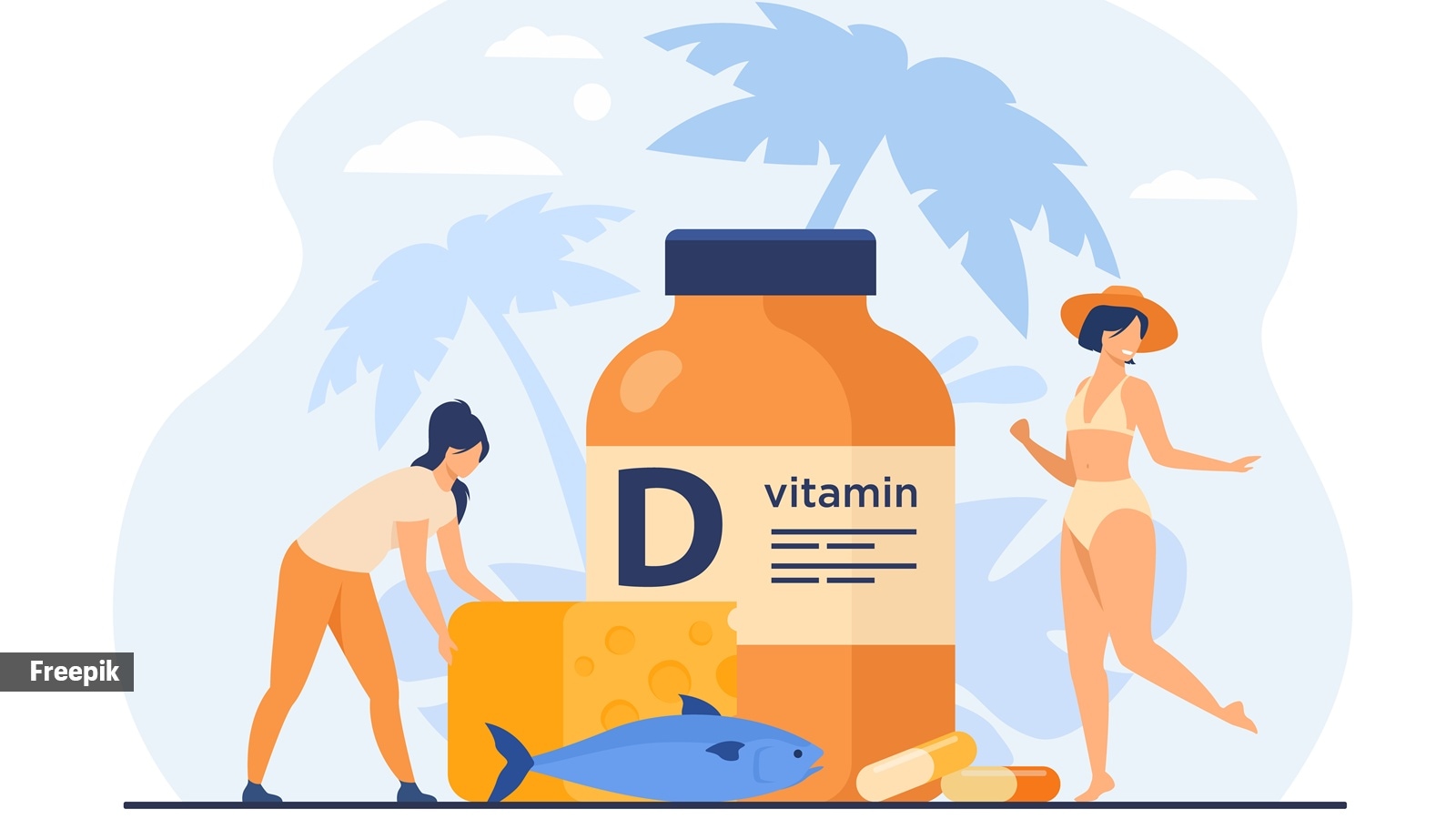Vitamin D is often seen as a simple fix for stronger bones, better immunity, and improved mood. But according to longevity doctor Dr Vass, supplementing without guidance may do more harm than good.
“Too much vitamin D can backfire,” he cautioned in a recent post. “Vitamin D insufficiency is everywhere. But should you actually supplement? Vitamin D is critical for bone strength, immune health, and hormone balance.” He explained that while many people take it routinely, few actually test their levels first. “Most people take it blindly without ever checking their levels. And yes, insufficiency is common.”
What most don’t realise, he added, is that excess vitamin D can have serious consequences. “Too much vitamin D can backfire, causing calcium buildup that can damage your arteries and your kidneys. The way to know if you need it is through a simple blood test. For some, vitamin D supplementation can be a game-changer. For others, it’s unnecessary or maybe even harmful.”
Story continues below this ad
Dr Vass also highlighted that vitamin D doesn’t act alone in the body. “You need magnesium to activate it and vitamin K2 to move calcium into your bones instead of your arteries. So don’t supplement in the dark. Always test first, optimise, and get good advice. Don’t guess.”
Excess vitamin D can damage arteries and kidneys; here’s how and the signs to watch for
Dr Jagadish Hiremath, Public Health Intellectual, tells indianexpress.com, “When someone takes too much vitamin D, the body absorbs more calcium than it can handle. This excess calcium can circulate in the bloodstream and start depositing in soft tissues like arteries and kidneys.”
He adds that over time, this may stiffen blood vessels and lead to kidney stones or kidney damage. Early signs of vitamin D overdose include nausea, vomiting, constipation, fatigue and increased thirst or urination. If not addressed, it can cause serious heart and kidney complications. This is why supplement dosing should always be guided by a doctor.
Magnesium and vitamin K2’s role in vitamin D balance
Vitamin D supports calcium absorption, Dr Hiremath notes, but magnesium and Vitamin K2 help the body use and place that calcium correctly. Magnesium activates vitamin D, while Vitamin K2 directs calcium into bones rather than arteries. If these nutrients are out of balance, calcium may be deposited in blood vessels, increasing the risk of calcification.
Story continues below this ad
“People can maintain balance through foods like nuts, leafy vegetables and whole grains for magnesium, and fermented foods, cheeses and egg yolks for Vitamin K2. In some cases, combined supplements may be recommended, Dr Hiremath suggests.
How often should one get their vitamin D tested, and what is considered a safe, optimal range for most adults?
Many people take vitamin D without knowing their current levels, which can be risky. Dr Hiremath mentions, “If someone is on supplements or has risk factors, testing once every 6-12 months is usually appropriate. A blood test called 25-hydroxy vitamin D helps assess levels.”
“For most adults, a range around 30 to 50 ng/mL is considered safe and adequate. Very high levels can be harmful, especially if calcium intake is also high. Supplementation should always be personalised and monitored by a healthcare professional,” concludes the expert.
DISCLAIMER: This article is based on information from the public domain and/or the experts we spoke to. Always consult your health practitioner before starting any routine.

